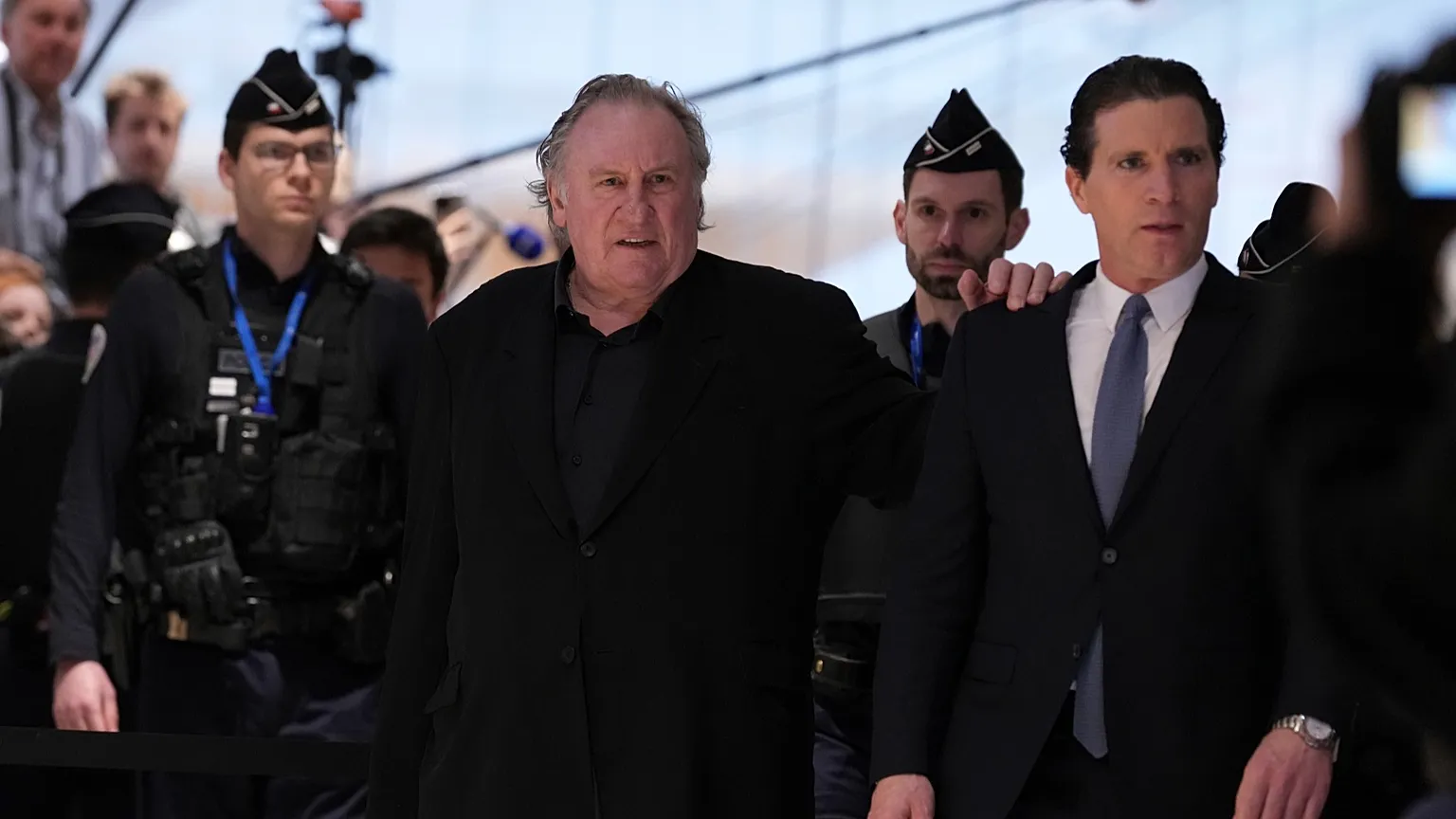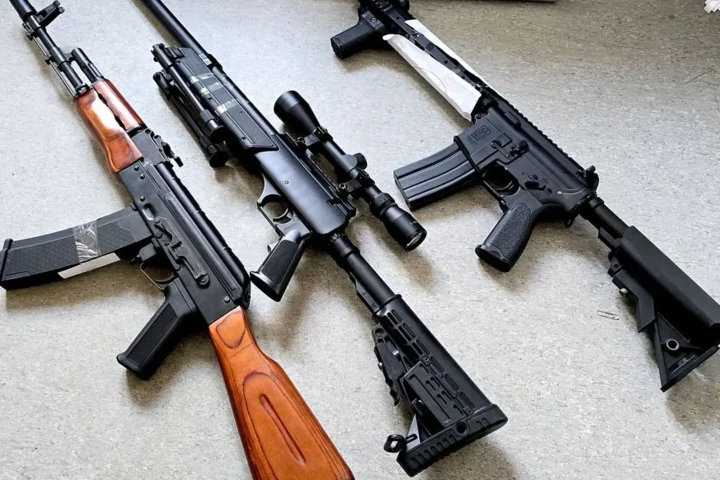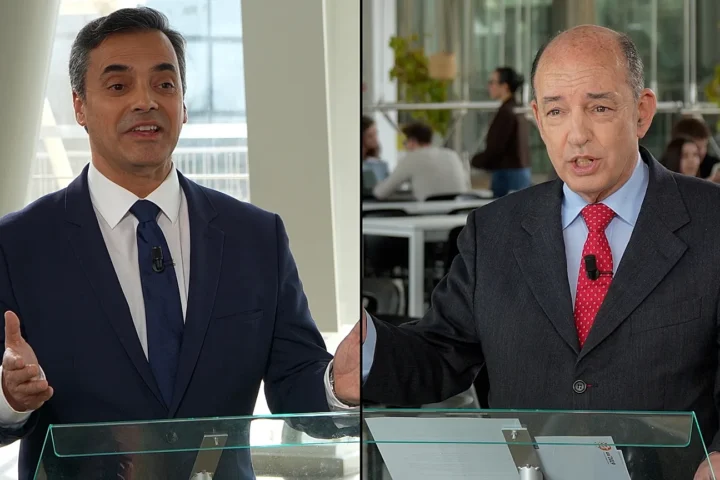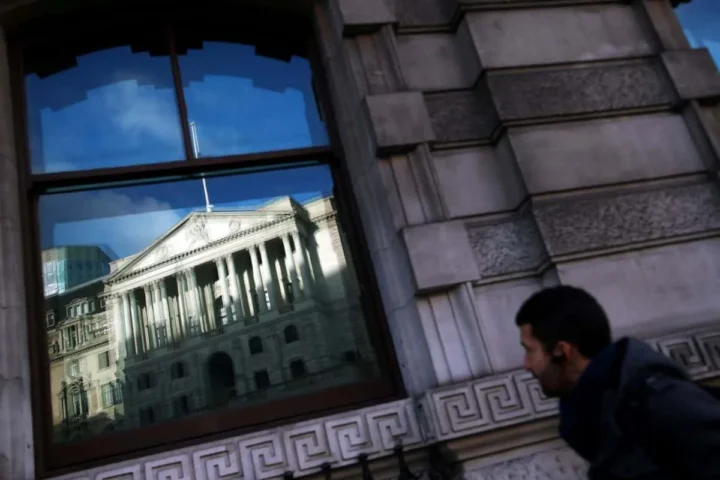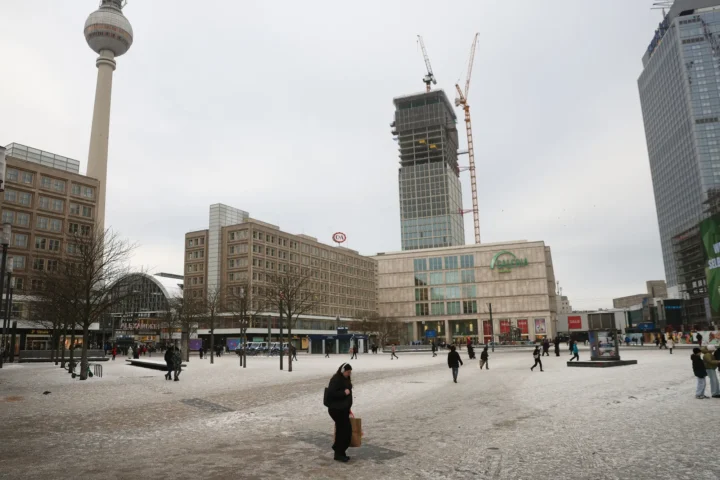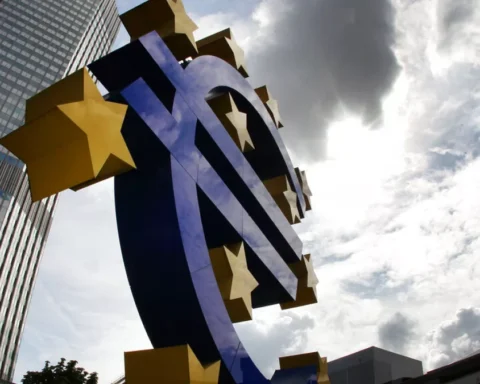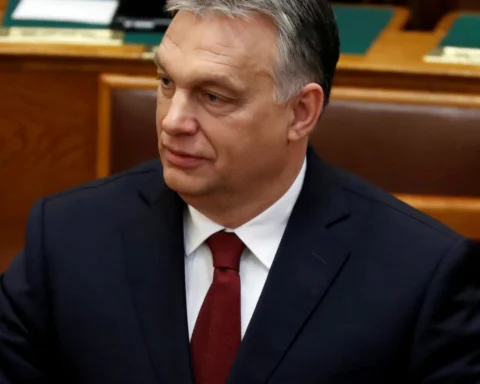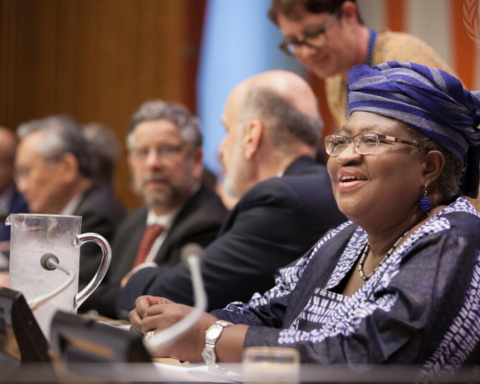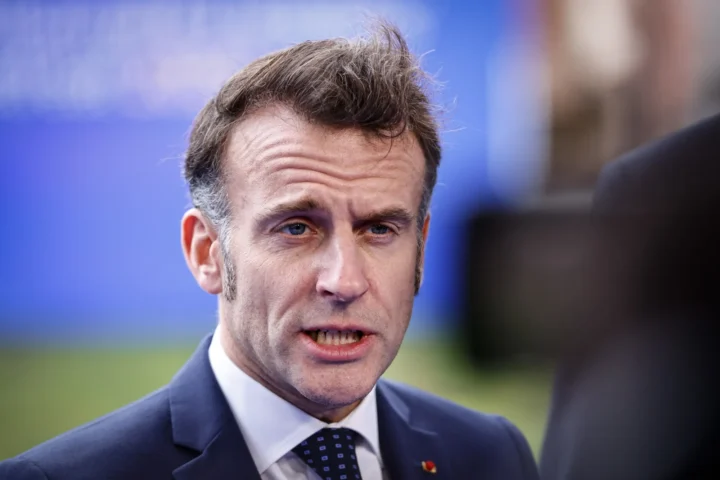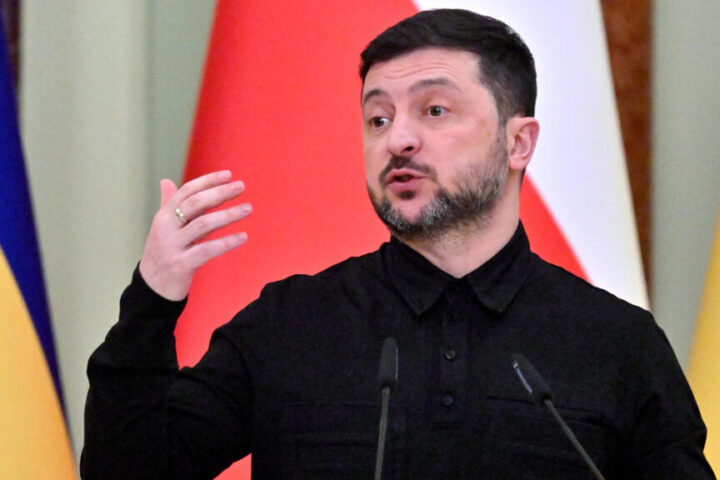French cinema legend Gérard Depardieu, long celebrated as one of Europe’s most prolific and versatile actors, is set to face trial in France on charges of rape and sexual assault. The proceedings mark a dramatic escalation in a case that has shadowed the 75-year-old star for years and sparked wider debate about accountability, celebrity culture, and justice in the French film industry.
The Allegations
Depardieu was first placed under formal investigation in 2020 after a young actress accused him of raping and sexually assaulting her in his Paris apartment two years earlier. The woman, then in her twenties, claims that the assaults took place during what was initially presented as a professional meeting.
Depardieu has consistently denied all accusations, maintaining that any encounters were consensual. Through his lawyers, he has framed the allegations as “baseless” and vowed to clear his name in court. Despite this, prosecutors concluded that sufficient evidence existed to send the case to trial, a decision that underscores both the seriousness of the charges and the heightened legal scrutiny surrounding Depardieu’s personal conduct.
A Wider Pattern of Accusations
Beyond the primary case, Depardieu has faced a series of additional accusations from women who allege inappropriate behavior, harassment, or assault. Several testimonies, published in French investigative media, describe incidents on film sets and in private encounters spanning decades. While not all have resulted in formal charges, the mounting claims have tarnished Depardieu’s once-unassailable reputation.
For many observers, the breadth of accusations raises larger questions about the power dynamics of French cinema, where acclaimed male actors have historically enjoyed a culture of impunity.
A Divided Public and Industry Response
Depardieu’s trial comes at a time when France is undergoing its own #MeToo reckoning, with increasing pressure on institutions to confront abuse in artistic, political, and media circles. While some in the film community continue to defend Depardieu as a cultural icon and national treasure, others argue that his stature has shielded him from accountability for far too long.
The French government has also weighed in. Culture Minister Rachida Dati recently remarked that “no artist is above the law,” signaling official recognition of the case’s symbolic weight. At the same time, critics argue that industry leaders have been slow to reform workplace protections or address longstanding issues of sexual harassment on sets.
Depardieu’s Career at a Crossroads
For decades, Gérard Depardieu has been a towering figure in global cinema, known for performances in films such as Cyrano de Bergerac, Green Card, and Jean de Florette. His prolific career spans more than 200 films, and he has worked with some of the world’s most celebrated directors.
However, the allegations and pending trial have dramatically altered the trajectory of his career. Several cultural institutions have distanced themselves from him, some broadcasters have scaled back projects featuring his work, and film festivals have faced criticism for programming his films amid the controversy.
Legal and Cultural Implications
Depardieu’s trial is expected to be closely followed both in France and abroad. If convicted, he could face a lengthy prison sentence. But the case’s implications extend well beyond the fate of one actor.
- For the legal system, the trial will test France’s ability to address high-profile cases without bias.
- For the film industry, it raises urgent questions about reform, accountability, and the treatment of survivors.
- For the public, it reflects a larger cultural shift, as France grapples with reconciling its admiration for iconic artists with the need for justice and equality.
Looking Ahead
As Gérard Depardieu prepares to stand trial, the case embodies a broader moment of reckoning for France — a clash between a storied cultural legacy and the demands of a society increasingly unwilling to excuse abusive behavior, regardless of fame or power.
The outcome will not only determine Depardieu’s future but could also mark a defining chapter in France’s struggle to confront sexual violence and reshape the norms of accountability in its most cherished cultural institutions.
